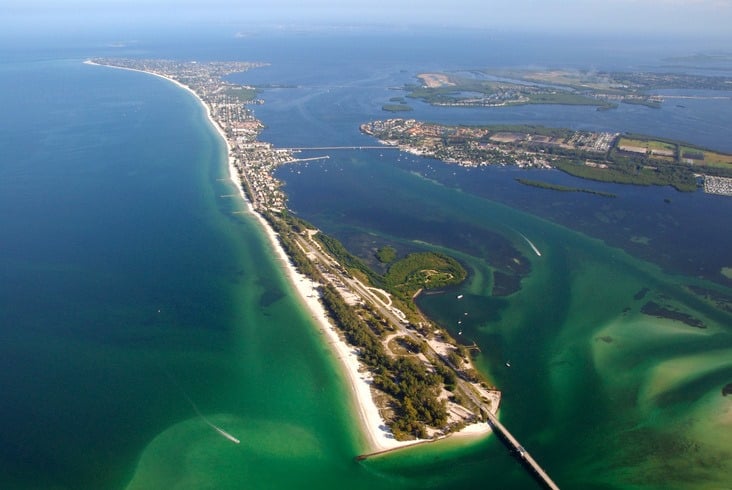Today educators have studied how people learn and have good ideas about how to present material to an audience that helps them understand and remember the lesson being taught. It seems the best way to get adults to understand your message and remember it is to make a story out of it. Jesus understood that two thousand years ago. In fact, most of the Jewish teachers of that time also taught by telling stories.
In this Sunday’s gospel Jesus tells one of His well-known parables. Most of the people to whom Jesus spoke were either fishermen or farmers, and so many of Jesus’s stories are either about fishing or farming.
The parable this Sunday is the story of the mustard seed growing into a large bush. Jesus was teaching about the expansion of the kingdom of God. From his small words God’s kingdom would germinate to cover the earth.
Today we can see the magnitude of Jesus’s lesson that he told over two thousand years ago. We do not need to have knowledge of agriculture to understand the flourishing that has occurred through the work of the Holy Spirit.
Thanks be to God.
Pastor Bill

